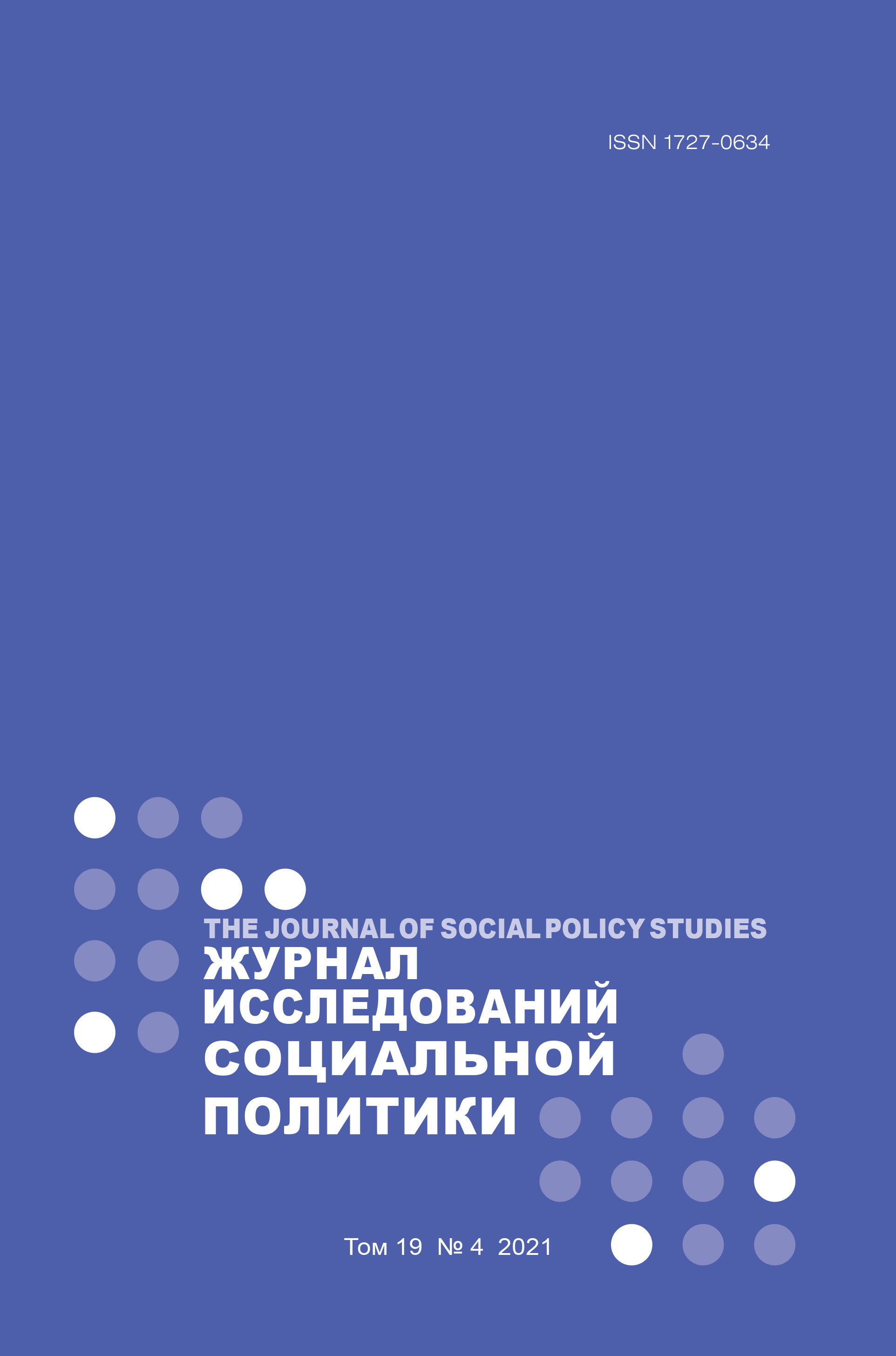Achieving Intersubjectivity in Asymmetric Interaction
Abstract
The benchmark for ethnomethodology and conversation analysis (EMCA) is the competent member of society demonstrating, through their actions, and how the preceding actions of others were understood. The public accountability of mutual interpretations facilitates understanding, as incongruities immediately become noticeable. This is not always the case in asymmetric interaction, where the participants have different perceptual access to the world around them. To highlight this fact, the article discusses the conditions for achieving understanding in cases of atypical interactions. The first part of the paper examines the conversation-analytic conceptualization of mutual understanding, or intersubjectivity, as a local accomplishment facilitated by fundamental structures of interaction (e. g., turn-taking). This conceptualization does not explain what makes mutual understanding possible when participants have unequal access to these structures. The article argues that the effectiveness of interaction structures is itself based on the acquired capability to orient to the other’s understanding. The author suggests calling this capability 'intersubjectivity,' distinguishing it from mutual understanding within the situation. In the second part of the paper, body and speech are considered as the fundamental foundations of intersubjectivity. It is demonstrated that replacing one interactive resource with another – using a speech synthesizer, for example– is successful only when the participants are bodily oriented towards each other. In asymmetric interaction, the conversational organization, which normally makes mutual understanding possible, can hinder it since routine interaction patterns continue to be used in the background. The author illustrates these arguments with examples from contemporary empirical EMCA research.















